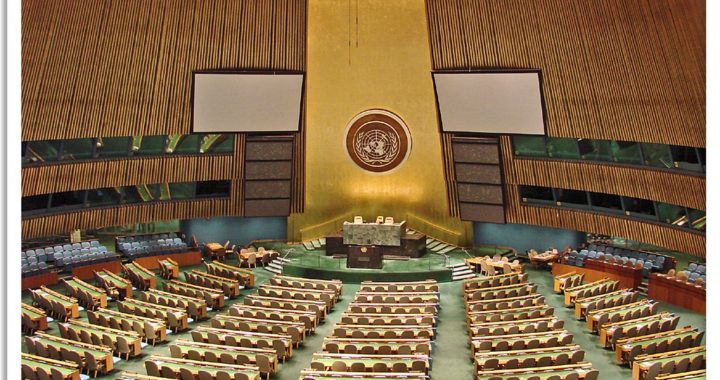Watch LIVE 10AM: United Nations – International Day for the Elimination of Racial Discrimination
The International Day for the Elimination of Racial Discrimination is observed annually on the day the police in Sharpeville, South Africa, opened fire and killed 69 people at a peaceful demonstration against apartheid “pass laws” in 1960.
In accordance with General Assembly resolution 75/237 of 31 December 2020, the President of the General Assembly will convene a commemorative plenary meeting of the General Assembly to mark the International Day of the Elimination of Racial
Discrimination on Friday, 19 March 2021, at 10:00 a.m., in the General Assembly Hall.
As per operative paragraph 42 of General Assembly resolution 75/237, the meeting will focus on the midterm review of the International Decade for People of African Descent.
Dr. Uzodinma Iweala, author, medical doctor, CEO of The Africa Center, and eminent person active in the struggle against racial discrimination will be invited to attend the meeting and address the Assembly on the occasion. The United Nations High Commissioner for Human Rights, Ms. Michelle Bachelet Jeria will also address the commemorative meeting.
In September 2021, the United Nations General Assembly will bring together world leaders for a one day meeting in New York to mark the twentieth anniversary of the adoption of the Durban Declaration and Programme of Action under the theme of “Reparations, racial justice and equality for People of African Descent.”
The United Nations General Assembly reiterates that all human beings are born free and equal in dignity and rights and have the potential to contribute constructively to the development and well-being of their societies. In its most recent resolution, the General Assembly also emphasized that any doctrine of racial superiority is scientifically false, morally condemnable, socially unjust and dangerous and must be rejected, together with theories that attempt to determine the existence of separate human races.
The United Nations has been concerned with this issue since its foundation and the prohibition of racial discrimination is enshrined in all core international human rights instruments. It places obligations on States and tasks them with eradicating discrimination in the public and private spheres. The principle of equality also requires States to adopt special measures to eliminate conditions that cause or help to perpetuate racial discrimination.
